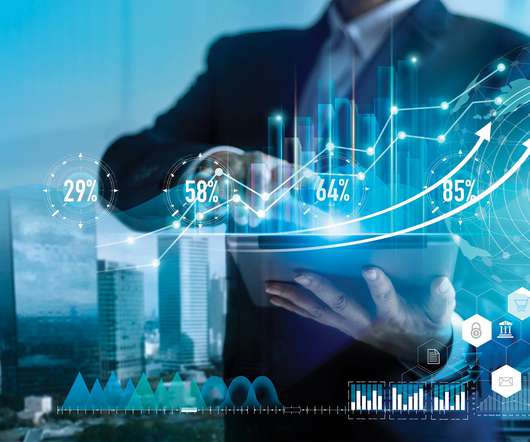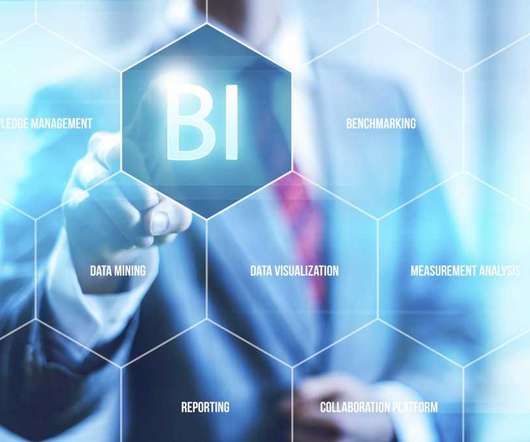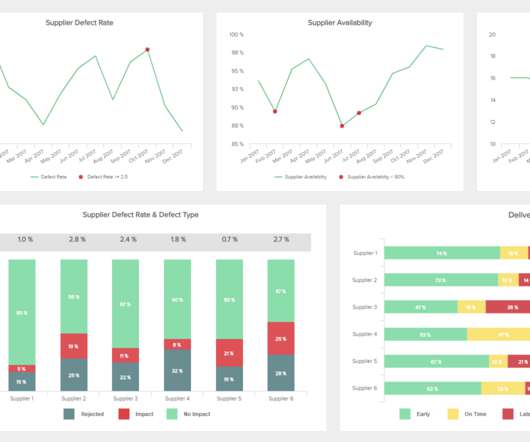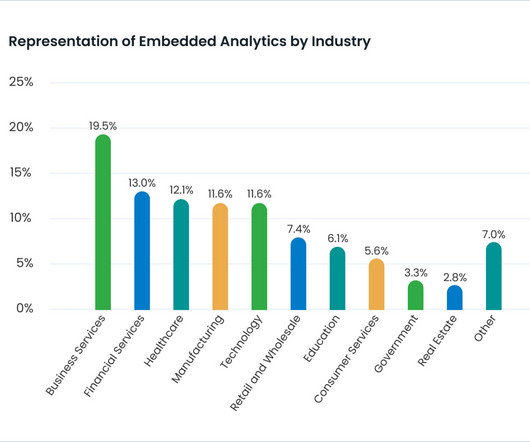What is business analytics? Using data to improve business outcomes
CIO Business Intelligence
JULY 5, 2022
What is business analytics? Business analytics is the practical application of statistical analysis and technologies on business data to identify and anticipate trends and predict business outcomes. Business analytics is a subset of data analytics. Business analytics techniques.














Let's personalize your content